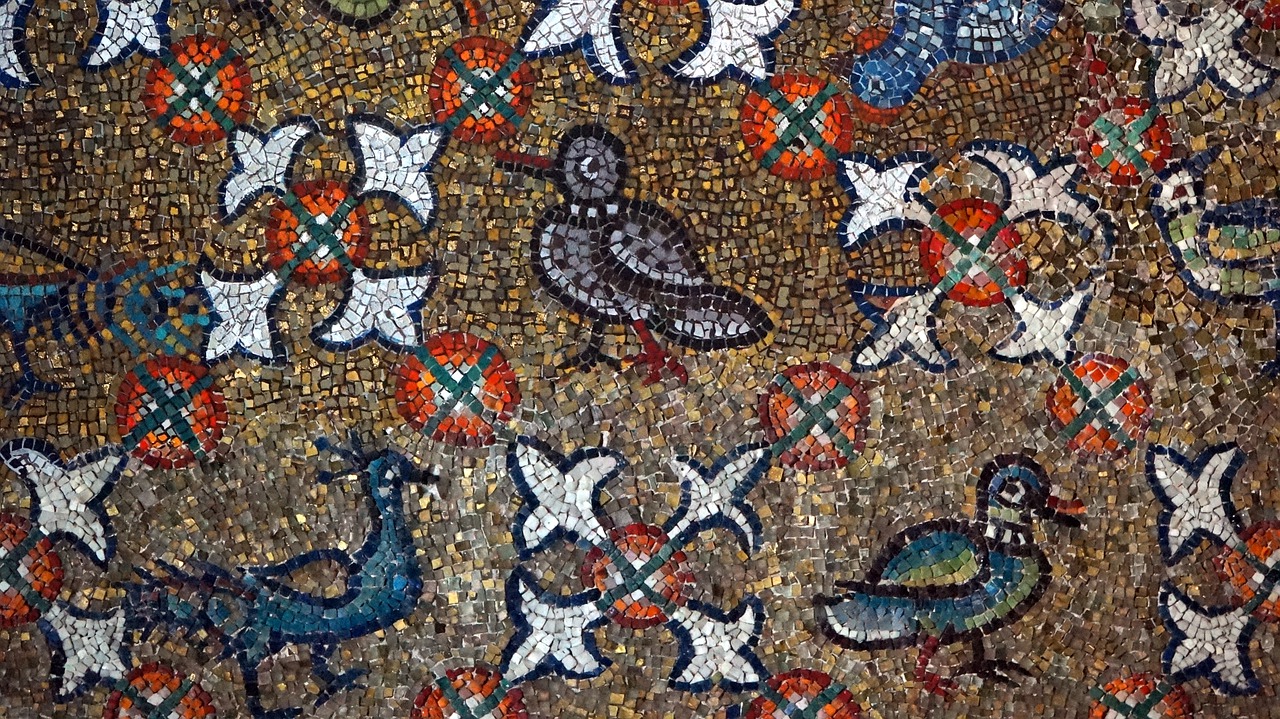Redeeming Europe
Europe is an idea. Matter-of-factly, the European civilisation, as we call it today, had come into being before states and nations, its capricious children, were born. Throughout the ages, it matured, was formed and clashed with other civilisations. It learnt from them and shared its achievements with them. Finally, as a result of these clashes, as well as the less noticeable internal transformations, this concept has undergone numerous metamorphoses.
April 11, 2021 -
Jacek Hajduk
-
Issue 3 2021MagazineStories and ideas

Image: awsloley / 204 images (CC) Pixabay

































